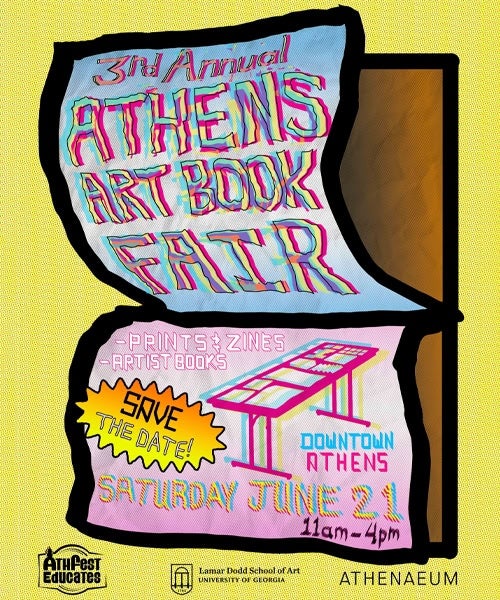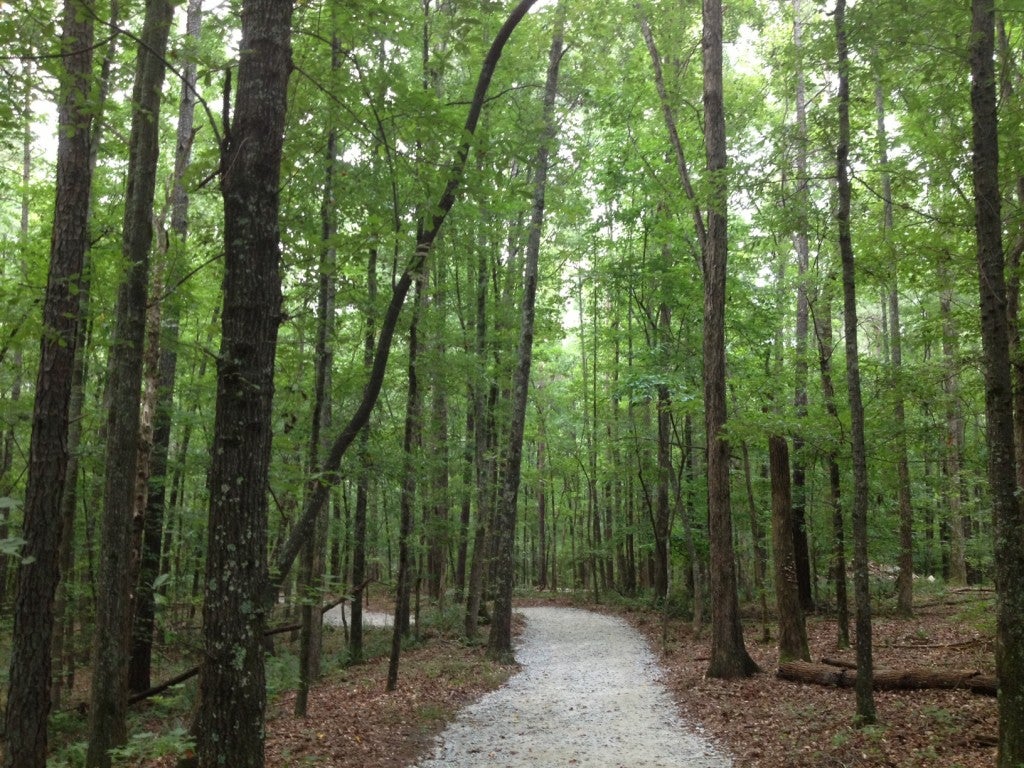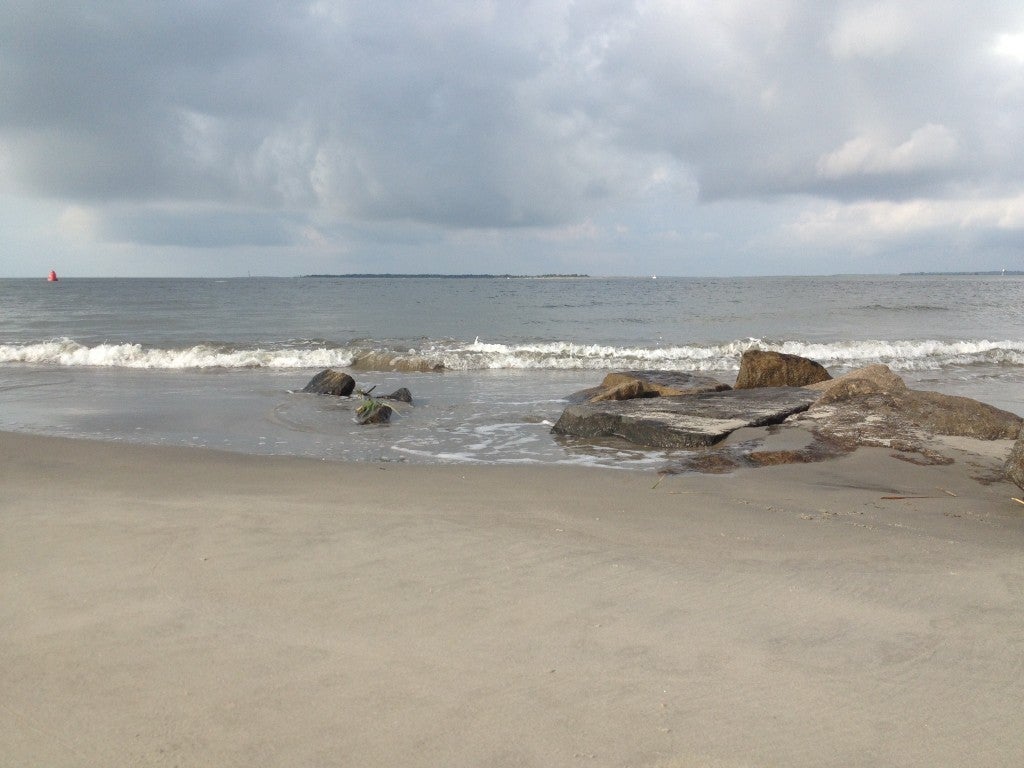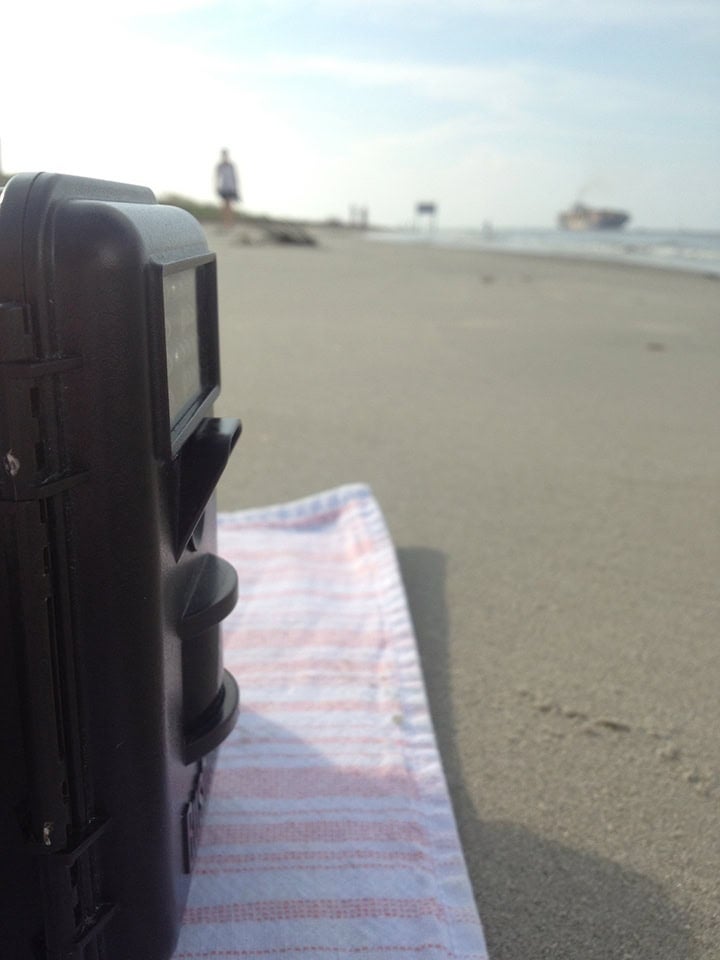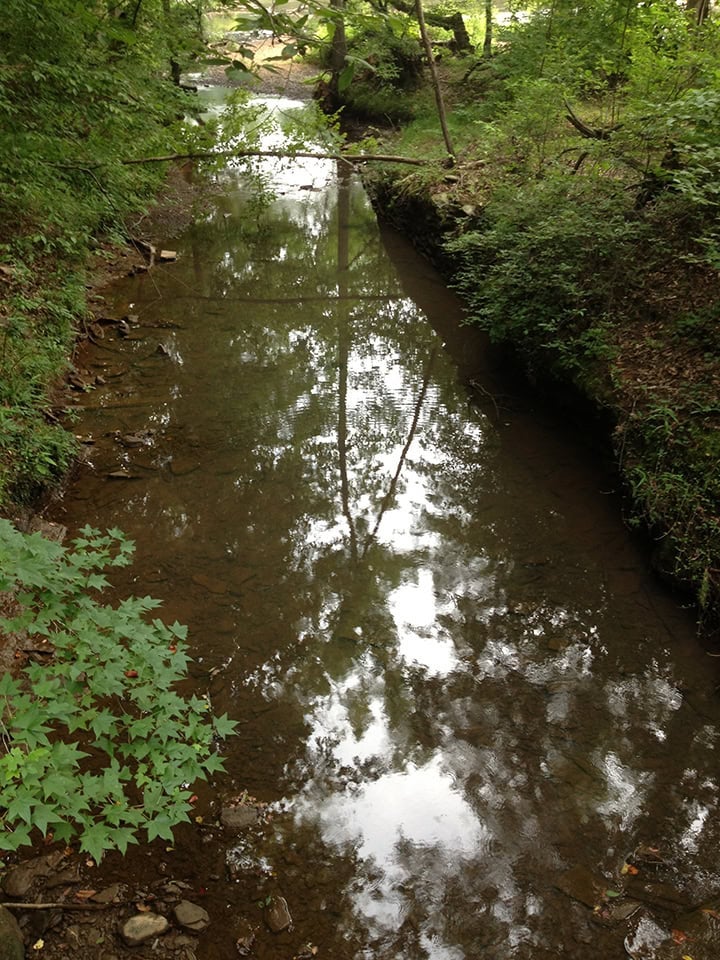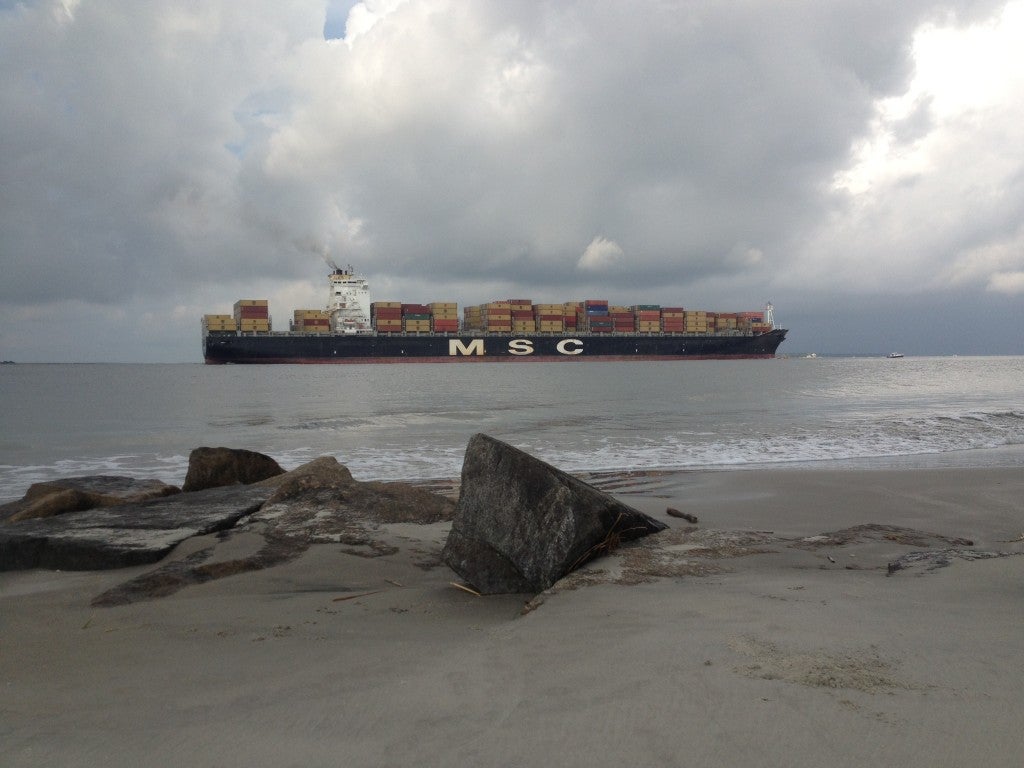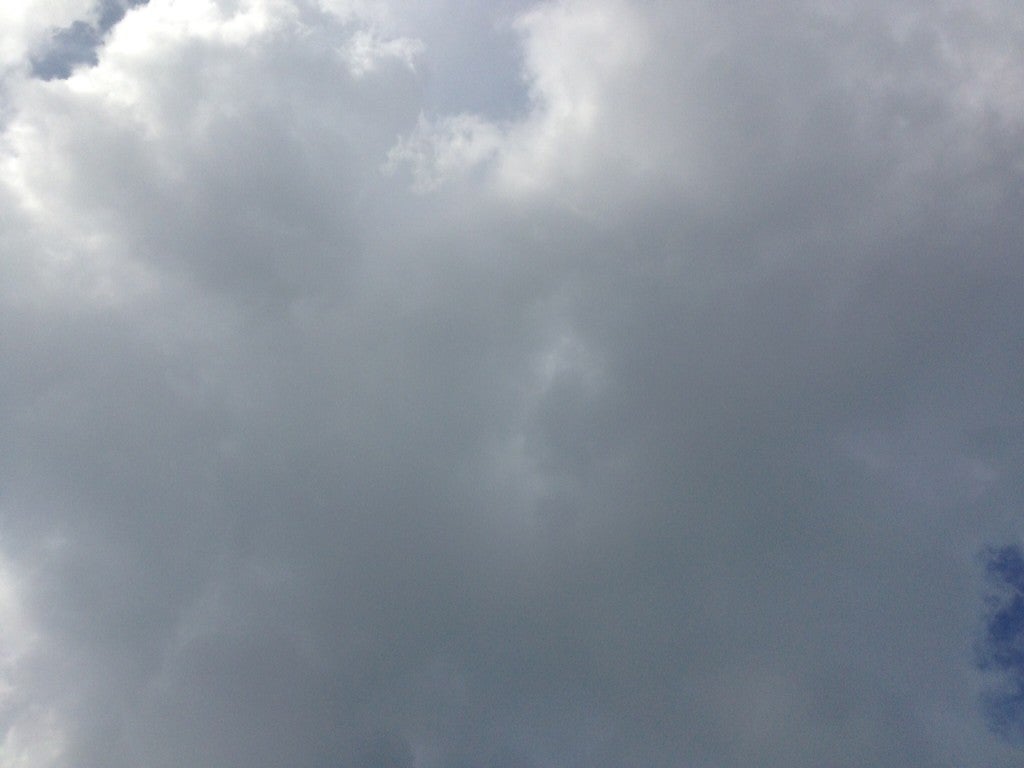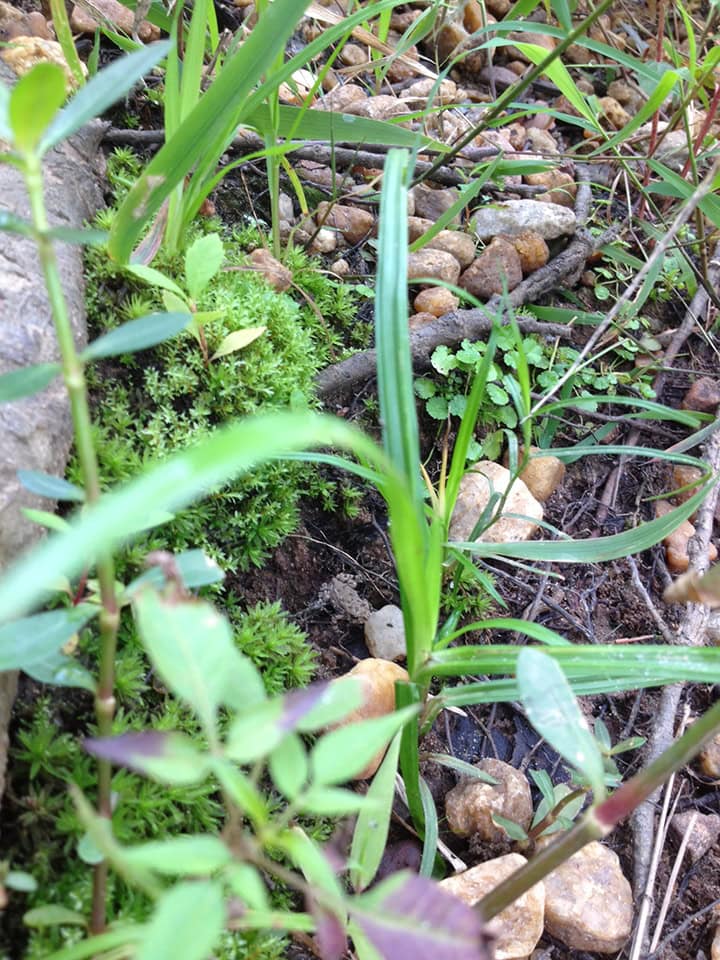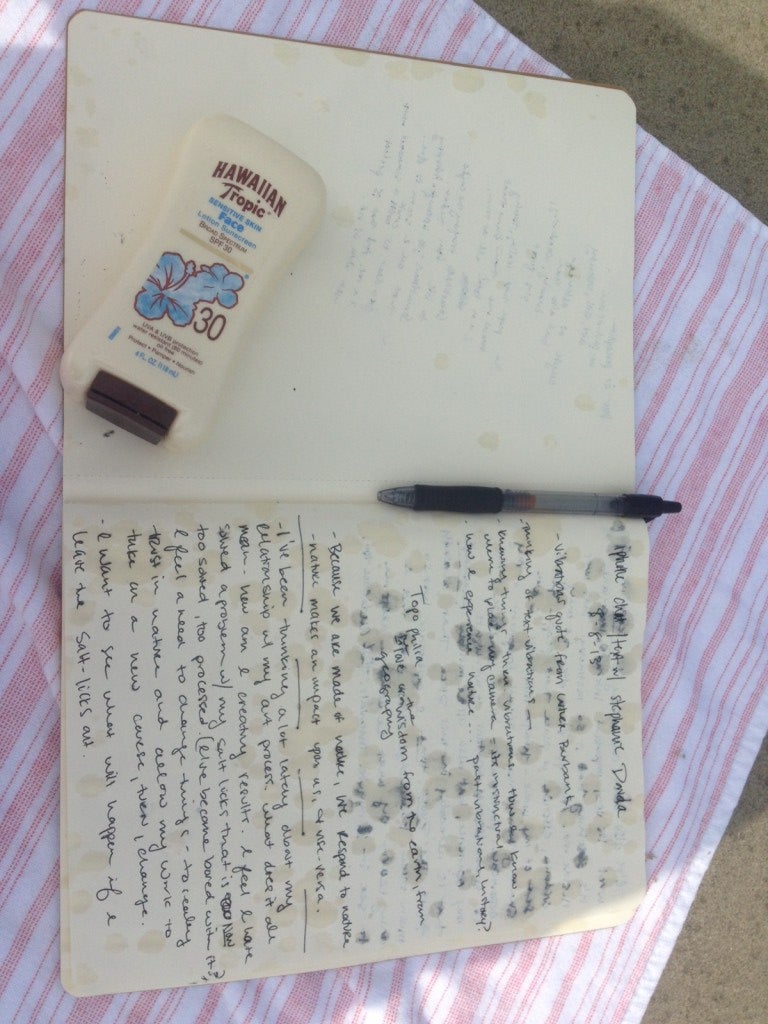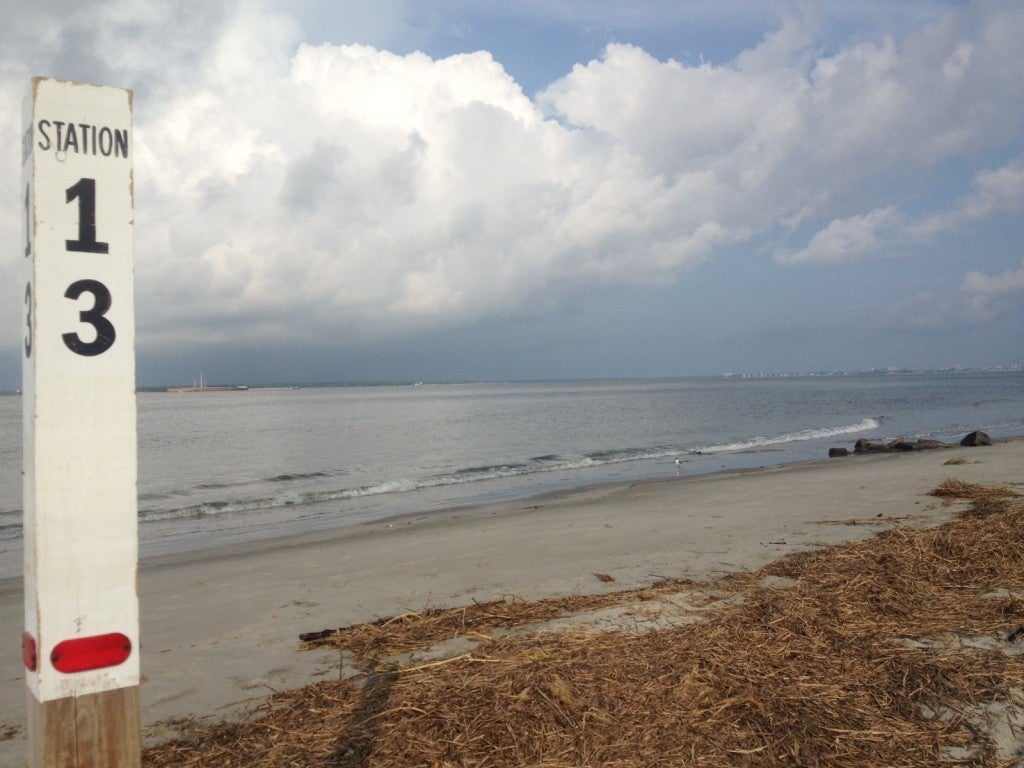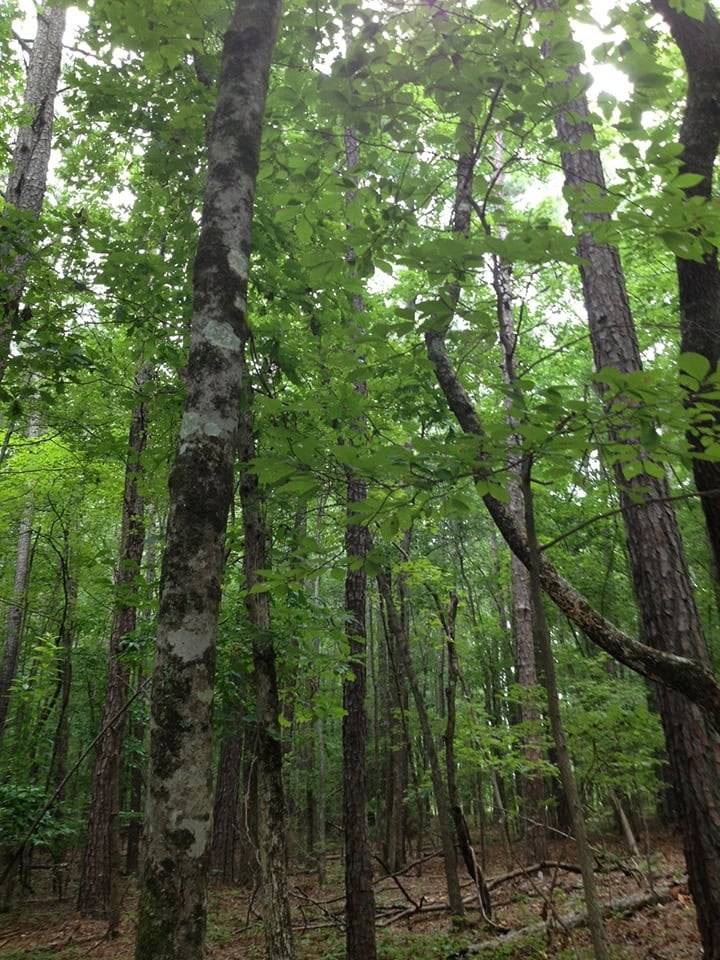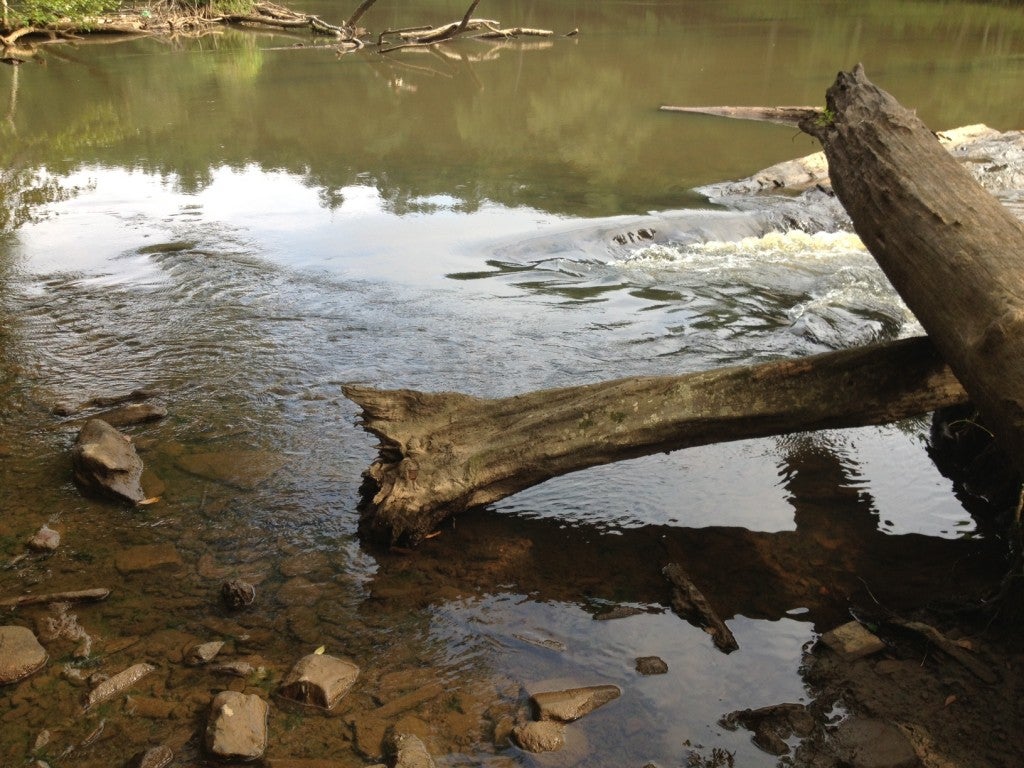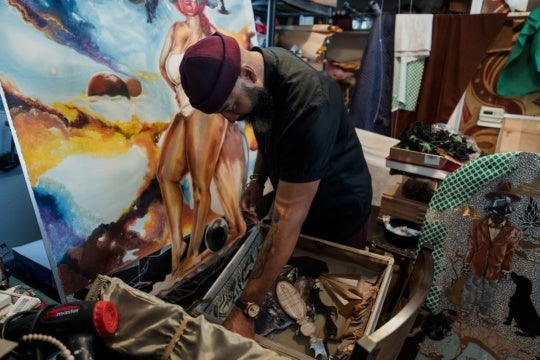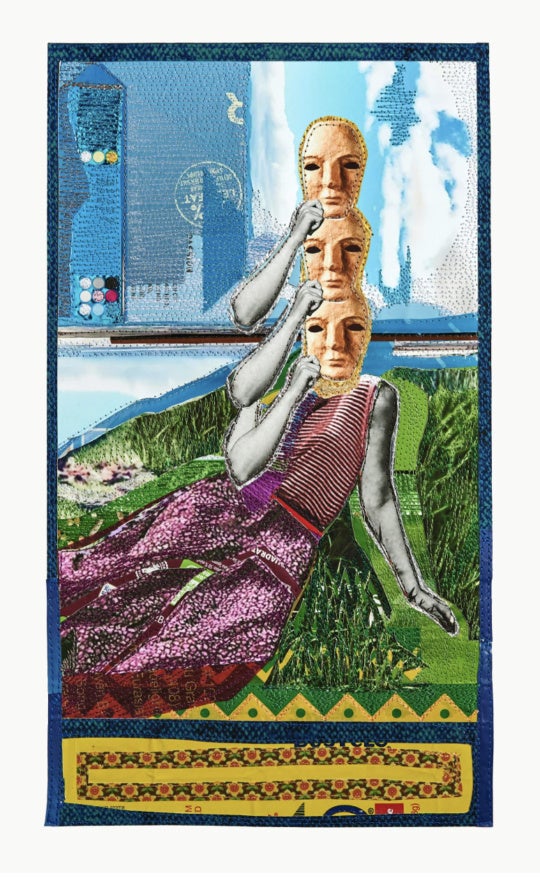On an early morning in August, artists Stephanie Dowda and Hailey Lowe Fennell texted from their favorite nature spots in their respective cities; Stephanie, in Atlanta, went to Sweetwater Creek; Hailey, a recent Charleston transplant, went to the Atlantic coast. Both Stephanie and Hailey are photographers who focus on capturing nature in new ways. Inspired by a quote from Luther Burbank, their conversation explores their own emotional responses to the environment and theories on why nature has profound impacts on the mental states of humans.
It is all a matter of vibrations—a matter of response to vibrations. In no other way than through vibrations do we get anything. You know the camera plate is struck with blows of light to burn into the sensitized surface of the picture you want to take. If you make what is called a time exposure the blows are gentle, but sooner or later they make a dent in the gelatin. The lighter parts are burned deeply, and the shadows and black places are only just touched. But it is the steady tap, tap, tap of the rays of light that do the work. We are all made—plants and fish and cars and elephants and men—of organisms built of tissue that is built of cells. The life force is in the cells—protoplasm, made up of almost everything in the universe in infinitely minute particles. Now, because the protoplasm … is made up of almost everything in Nature, it responds to almost everything in Nature. Protoplasm is the sensitized film on our bodily and intellectual plates; vibrations from about us strike it and gradually they make a dent.
—Luther Burbank
Texts are edited for grammar.
Stephanie Dowda: At what moment does entering into nature impact you? For me, as I walk the trail to the river, it’s the moment when looking forward and backward all I can see is trees. At this moment I feel tiny, and there is freedom in that.
Hailey Lowe Fennell: I think it’s different every time. Each place takes a moment to impact me. Or rather, for me to feel fully connected to the place. It takes a quiet moment alone when I start to hear and feel what is around me rather than what is inside my head. Sometimes it is immediate, like when I am at the beach, and other times it may take a couple miles of hiking and walking. It’s a good way for me to know when and where to install my camera.
I’ve been thinking a lot about the pre-existing knowledge that a place holds. How the landscape has all the experiences that we come across in our work. I like how you use tiny and free. I feel a sense of that when I work as well, and at the same time awe for the place that surrounds me. Is there a moment in your search that compels you to take a photograph?
SD: I try to be open. I’m not actually sure if it’s always effective. But I try to let nature take [me over], lose the mental chatter, discard expectations. I believe that nature holds things. Maybe that’s energy, memory in some way. I want to listen to each place and allow it to come through me. It’s almost a meditative state. Do you think nature is stronger or has more influence than what goes on inside our heads?
HF: Yes, definitely! I come into my work with so many ideas and even have a plan or theory of how it will be or what I will get on camera. Yet, without fail, it is always different! I never get what I have planned. And the moment I walk into nature, touch ground, feel the air around me—I go blank. Forget my notions and move forward in space and time without any knowledge of when or where I will set up my camera. It makes me feel more connected to the landscape and my need to create a new piece each time. The tension fades the second I connect to my surrounding.
SD: I use the term “vessel” often to describe this state, which is seemingly similar between us when we are in nature, the idea we can contain or hold some essence of feeling from the external world. Or that it can come through us and pour into something else. Like the Luther Burbank quote I shared, how do you think our [camera] does this? Or does it? Is it a vessel too or a way to document?
HF: Oh, wow, I love that term. I think both. I think the camera for me is a way to document, to take in. But, I am always aware of it in some sense on my adventures. So in a way I am placing its history in nature while [also] taking from it. Also, people occasionally come across my camera when I am not there. It alters their experience in nature, making an interesting give and take, and give and take within my work.
I know you have mentioned topophilia before in your work, a wisdom that comes from the earth. I think that really connects us as artists. I feel I am trying to learn from the place around me. See what it holds when I am not there and acknowledge how I have changed the space and been changed by it. Has there been a place for you that stands out for changing you in any way?
SD: Definitely North Georgia. It feels like that place whispers secrets from an ancient world. It’s a dreamlike place. Which is weird because I’m from Georgia. You think I’d be immune to its impact. I find it complicated to include the human form. When researching topophilia, there’s a thin line between the words used to describe the essence of place and the words used in other fields to describe a spirit. I think these ideas are different, and it’s actually rather selfish of us to imagine the natural world would only harbor human memory—not natural memory. So I try to void my work of the human form, though sometimes [that form] seems necessary. I’m not sure if I can actually contain natural memory, though I like to pretend I can.
What about you? And has living by the beach changed your work?
HF: I love the water, and Whitewater Creek Trail in Atlanta is a place I went to often as a kid and just keep returning to. So I think that place, in the middle of the city, makes me feel more connected to nature. I’ve always loved the water and seek it out often, so I am excited to do work in a place that has so much of it! The beach is a place where I find it is really easy to meditate. I find myself thinking of how my work will change because of this new landscape. I love how place and landscape seem to define my work. Thinking of the Burbank quote … it makes me consider how nature makes an impact on us and vice versa. It drives my work. I like the idea of containing a natural memory, or trying to, pretending to.
SD: I like that your work invites nature to be the catalyst for action. I mean, it needs animals or things to literally trigger the shutter or start the footage since you are using a motion-activated game camera. And that often you are not even present to bear witness in the action. It reminds me of how physicists realize that as they study atoms the atom’s energy changes and the atom does things it wouldn’t if it weren’t being observed. That’s a really dumbed down version of that theory.
HF: I like that analogy. And very true! If I were present my gained knowledge of that place would be altered and maybe even false in a sense. I wouldn’t see what happens in that place. I only see when I am gone …. Hmm, are animals places?
Maybe I just relate to place more when the place reveals something that would not be revealed with a human presence. In that way a place feels more real to me.
I have that same issue in my work. People come across my camera or I even purposefully set it up where people are. But I find myself choosing stills that do not contain any human evidence. Maybe it’s a comfort thing on some level, but also I think the stills without a human presence give a better sense of place.
Maybe humans can’t have a sense of place. Are humans places?
SD: Linguistically, you have to be at a place or in a place. There’s a spatial dependence on you and the place. I think place is something that contains you, maybe?
SD: I like that a lot. It’s like you are able to capture nature as it is not as it is interpreted.
This frog looks like a place. A place of wood and rock.
HF: Yes, it does! Seems like a place is constantly being navigated and discovered in our work. I love the investigation I go through to find place. Do you find yourself noticing more when you are out to photograph? I find more wonder that way.
SD: I was just thinking this exactly as I was noticing how the ripples on the water surface create a never-ceasing pattern as the water moves downstream. Light reflects in elongated shapes that touch and disjoin as the water moves. It’s fascinating. I’m just fascinated by nature and also why we have removed ourselves from nature. It’s weird.
HF: Yes! I have these nostalgic thoughts of joining nature and never seeing a computer ever again! But then I like my iPhone and my modes of transportation and even the sound of the city. It’s a push and pull, and I am trying to find my own balance and boundaries in my work as well as [to] question that in others.
SD: I agree. It’s hard to say one is better than the other. But it’s a good thing to be mesmerized by both, I think.
Reflecting back on the Luther Burbank quote, it seems technology allows us to capture nature and analyze it. Do you feel like your work aims to analyze?
HF: Yes, definitely. I am an analyzer, investigator, and explorer in my work. It makes [things] exciting for me. How about you?
SD: Yes, I feel like as the film develops or the photo emerges on the paper while in the developing tray, I am surprised. Both by what the camera captured as well as what nature appears as. Seeing it again through the work is great. Light reflects much more richly, the shapes of the tree leaves are amazing—it’s a slice of time I can continue to visit and try to understand.
HF: I like how you say it is something you can revisit and try to understand. Almost as if there will always be a mystery to it.
SD: Do you like that nature is mysterious? Do you feel compelled to answer the questions nature poses or [prefer] for it to remain mysterious?
HF: Great question! For me it’s more about being in the mystery. Even being a part of the mystery and feeling that. Do you feel the same?
SD: I do, you put that nicely. I think I like the mystery, I think it’s the best.

